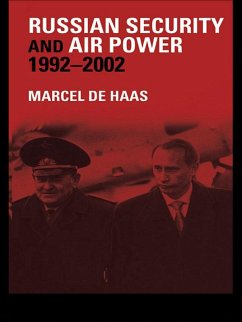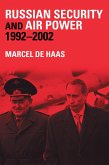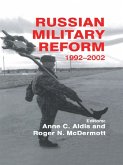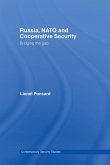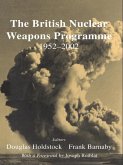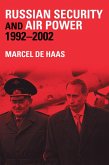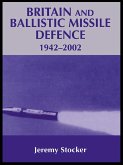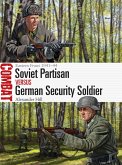The Chechen conflicts and NATO's security policy have been dominant factors in the development of Russia's security policy during the period 1992-2002. The use of air power in the Chechen conflicts is used here as a case study for testing political and military-strategic objectives. With regard to NATO's security policy, this study shows that the eastward enlargement of this alliance, as well as its use of force in Bosnia and Kosovo, have caused an increase in anti-Western tendencies in Russian security thinking.
Russia will continue to maneuver between imperial thinking about power and influence and accepting its post-Cold War status and subsequentco-operation with the west. This dualism, however, forms an obstacle to building modern armed forces, and air forces in particular.
Dieser Download kann aus rechtlichen Gründen nur mit Rechnungsadresse in A, B, BG, CY, CZ, D, DK, EW, E, FIN, F, GR, HR, H, IRL, I, LT, L, LR, M, NL, PL, P, R, S, SLO, SK ausgeliefert werden.

